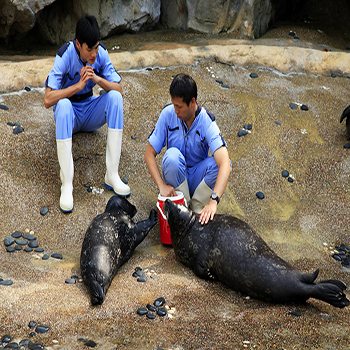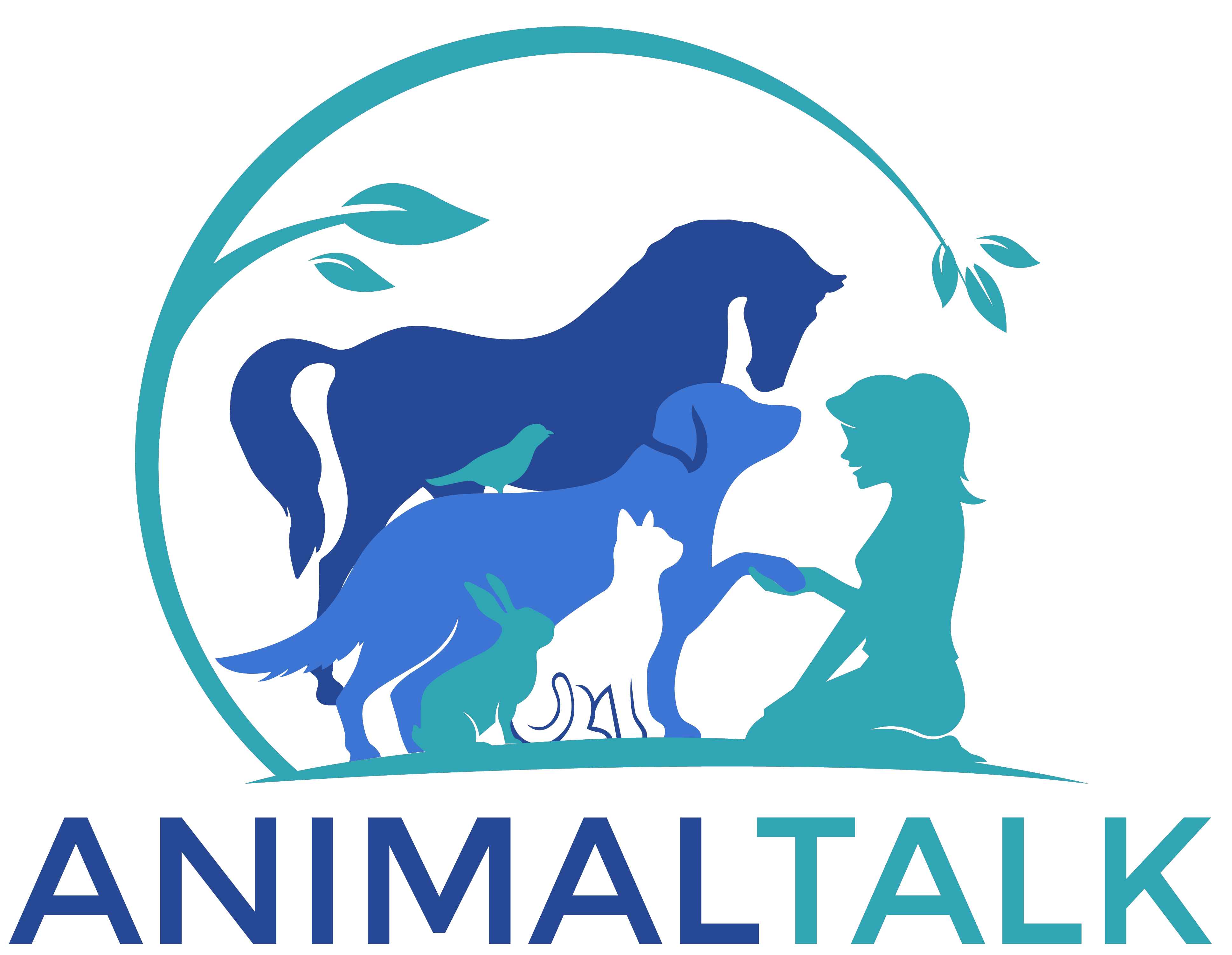No products in the cart.

[vc_row][vc_column][vc_column_text]We all know there are many beautiful places and amazing animals to experience on this planet. In fact most people ‘s holidays and getaways are based on everything nature has to offer. Spending time in nature and observing wildlife has many health benefits not to mention extreme mental and emotional pleasure. People travel all over the world to catch a glimpse of a polar bear, get their picture taken with a tiger or lion, or swim with marine animals. Wildlife tourism can be a massive force for both the environment and the animals if done in the right way. It highlights and brings a great deal of attention to conserving the environment, protecting the animals and their rights.
In many instances it provides a steady revenue to not only tour operators but also local populations that encourage personal and financial incentives to keep the environment and the animals safe. With social media used with such intensity, people are also being made aware of unfair or outrageous practices going on around the world. This gears people up to spring into action to make big changes in ecomanagement that would have otherwise gone unnoticed. There have been more than 100 research studies done on how some ecotourism affects the health and behaviours of wild animals. Unfortunatey the presence of humans around animals can create behaviour changes that may cause them direct harm or to be more vulnerable. Animals can become used to people observing them, so tend to let their guard down feeling humans are not a threat. This of course can give poachers a direct advantage when killing animals.
Whales swimming closely to viewing vessels became an amazing experience for those onboard taking photos. Watching them leap into the air and enjoy showing off their antics to the onlookers. That was of course until the whaling fleets came to kill them for scientific purposes????? where whales soon learnt they needed to flee from humans. Our presence in the wild, make it very difficult for natural predators to go about their business. Prey animals become complacent with the lack of predation and become bolder and more proned to be killed when a predator does appear. Blood tests have revealed that swimming with the stingrays at the popular “Stingray City’ in the Cayman Islands has caused poorer health and weaker immune systems making them more vulnerable to disease than those not disturbed by humans.The hand fed diets, and constant contact with people are contributing factors.
These normally solitary animals are now congregating in groups and have changed their natural feeding times. There are up to 2,500 tourists in the area at any one time who have paid a substantial amount of money to swim, feed and stroke these animals. What do you think the stingrays would rather be doing?[/vc_column_text][us_separator type=”invisible” size=”small”][vc_row_inner content_placement=”middle”][vc_column_inner width=”1/2″][us_single_image image=”8865″ size=”full” align=”center” onclick=”lightbox”][/vc_column_inner][vc_column_inner width=”1/2″][vc_column_text]What may be a life enhancing experience for you, may not be for the animals. Do they have a choice? Are we wildlife tourists or animal paparazzi? This is a big question and have we given much thought to this? Dolphins interrupted constantly by people have been known to abandon their young, or have to find alternate less productive feeding areas. Killer whales in Canada have reduced feeding times when humans are watching.
Even minimal human contact to certain penguins have doubled their heart rate. Gorillas of Uganda, Congo and Rwanda are known to be susceptible to human diseases. People enjoy feeding wild animals because it is a unique experience. Some of these animals then rely on being fed by humans and not its own instinctual ways.[/vc_column_text][/vc_column_inner][/vc_row_inner][us_separator type=”invisible” size=”small”][vc_row_inner content_placement=”middle”][vc_column_inner width=”2/3″][vc_column_text]If animals loses this ability, it greatly impacts their survival as an individual and possibly as a species if several generations are involved. This is very common in our own backyards especially with wild birds. Magpies, crows, cockatoos, lorikeets and many more. Not only have people fed them the incorrect diet, but the birds have become reliant and see humans as friendly.
Circumstances change in people’s lives such as going on holiday, or moving out of the area and these birds find themselves deserted. They now look to other humans for help and not all people want to take on this responsibility you have created. In fact, many have been injured trying to engage with humans, as they are seen as pests.[/vc_column_text][/vc_column_inner][vc_column_inner width=”1/3″][us_single_image image=”8867″ size=”full” align=”center” onclick=”lightbox”][/vc_column_inner][/vc_row_inner][us_separator type=”invisible” size=”small”][vc_column_text]These birds are now faced with learning to find their own food all over again, which is not only stressful but can be fatal if they are not successful. Has feeding them been helpful in any way? If you find a bird in distress or needing assistance by all means assist them. This can be done with the appropriate experts or you can assist them back to health and then release them back into the wild as soon as possible. Many people may be unaware of these issues and the scientific research done so far, but it is only the tip of the iceberg. There are so many other animal/human situations that have yet to be studied. Hopefully this will be done sooner than later.
One of the most shocking for me was a baby dolphin picked up from the sea and paraded around a group of people on the beach. The people were so interested in getting selfies this beautiful baby, out of the water for so long overheated and died. The dolphin was then just discarded on the sand, as it no longer was any use to these people. Why was this life cut short so senselessly and went unpunished.? Was the mother of this baby watching as the tragedy unfolded and yet could do nothing? This is not to make you horrified but aware so that we can avoid many of these things continuously happening. Most people love animals but they need our protection. We can help them in so many ways, it only takes a little thought.
Some of these issues need to be dealt with by governments, but it starts with us making the government aware of what we expect from them regarding the planet which is our home. When we traipse around in the wild it is the home to many native animals, and our footprint on that environment needs to be small and unobtrusive. Animals need to reside somewhere and have every right to a home and privacy just as we would command. We as humans can’t take up every last bit of space on this planet. I am no different to anyone else wanting to experience these beautiful creatures in their natural environment but surely we can do this with honour and respect. Surely we can work out a way where their privacy is paramount and the frequency of visitation minimal. Do animals just want to be left alone? Can we as mature amazing people sit in nature without being seen nor heard. Perhaps that is our next biggest challenge. A true ecotourist will want to get more information regarding this research, have empathy for the environment and animals and want to lower their impact no matter what the expense.[/vc_column_text][/vc_column][/vc_row]
